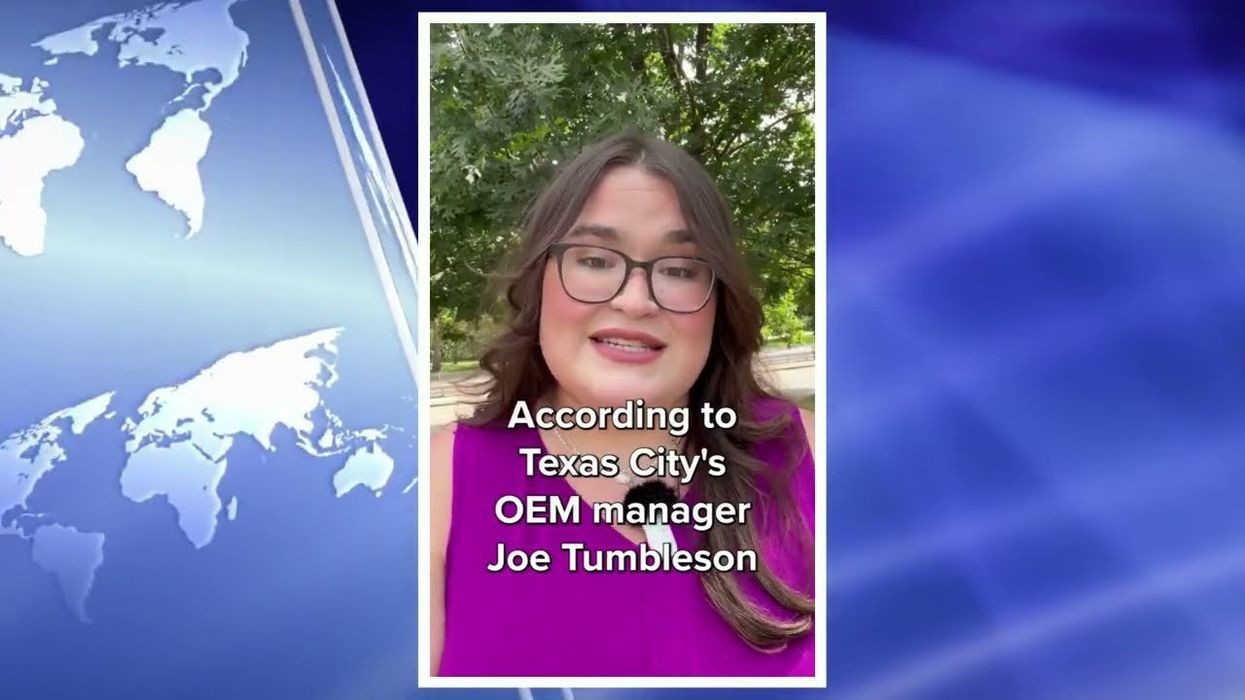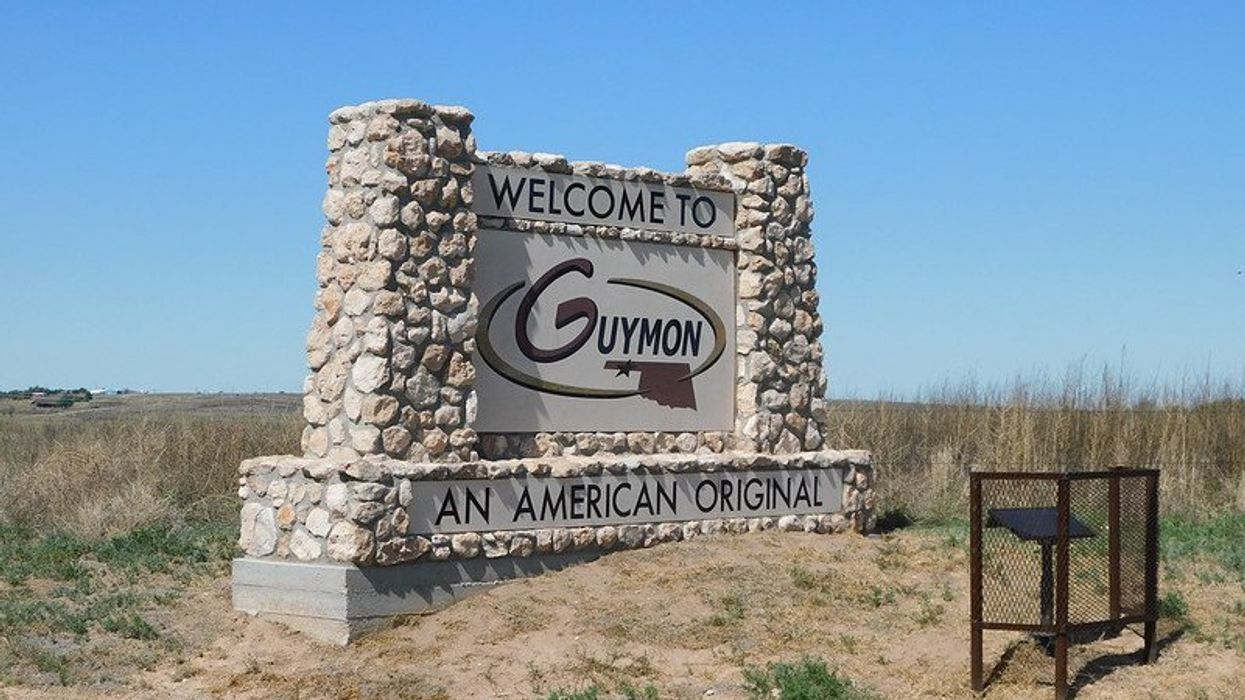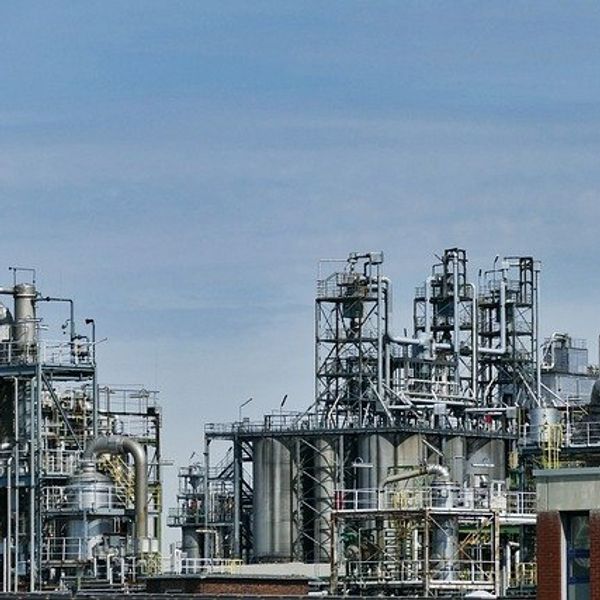In order to receive the alert, residents had to preregister for the city’s opt-in emergency alert system or check the social media of local government agencies. With these limitations, it’s unlikely that everyone received the message in time. Those that don’t speak English often have to rely on direct translations from the social platform, or hope the alert service translates correctly.
The video above documents the sulfur dioxide leak, as well as a chemical fire in May that resulted in a death and an electrocution death in February.
Marathon has a long history in Texas City. The records used to evaluate violations issued from the Environmental Protection Agency or Texas Commision on Environmental Quality in Texas City can be found here. Violations related to the Occupational Safety and Health Administration, OSHA, for Marathon’s Galveston Bay Refinery can be found here.
The timeline below provides more details about each individual event.
- EHS welcomes new reporter to focus on petrochemical pollution in Texas ›
- Heat, air pollution and climate change … oh my! Was summer 2023 the new normal? - EHN ›
- Feeling “invisible”: How language barriers worsen environmental injustice - EHN ›
- How my previous career in teaching made me a better journalist - EHN ›
- Exxon's planned petrochemical expansion in Baytown under scrutiny - EHN ›
- Texas has more chemical emergencies than any other state - EHN ›
- Texas sufre más emergencias químicas que otros estados - EHN ›
- Fossil fuels and petrochemicals may be making us sicker, research says ›
- Cancer-causing benzene levels were cut in half at US refineries in 2023 - EHN ›
























